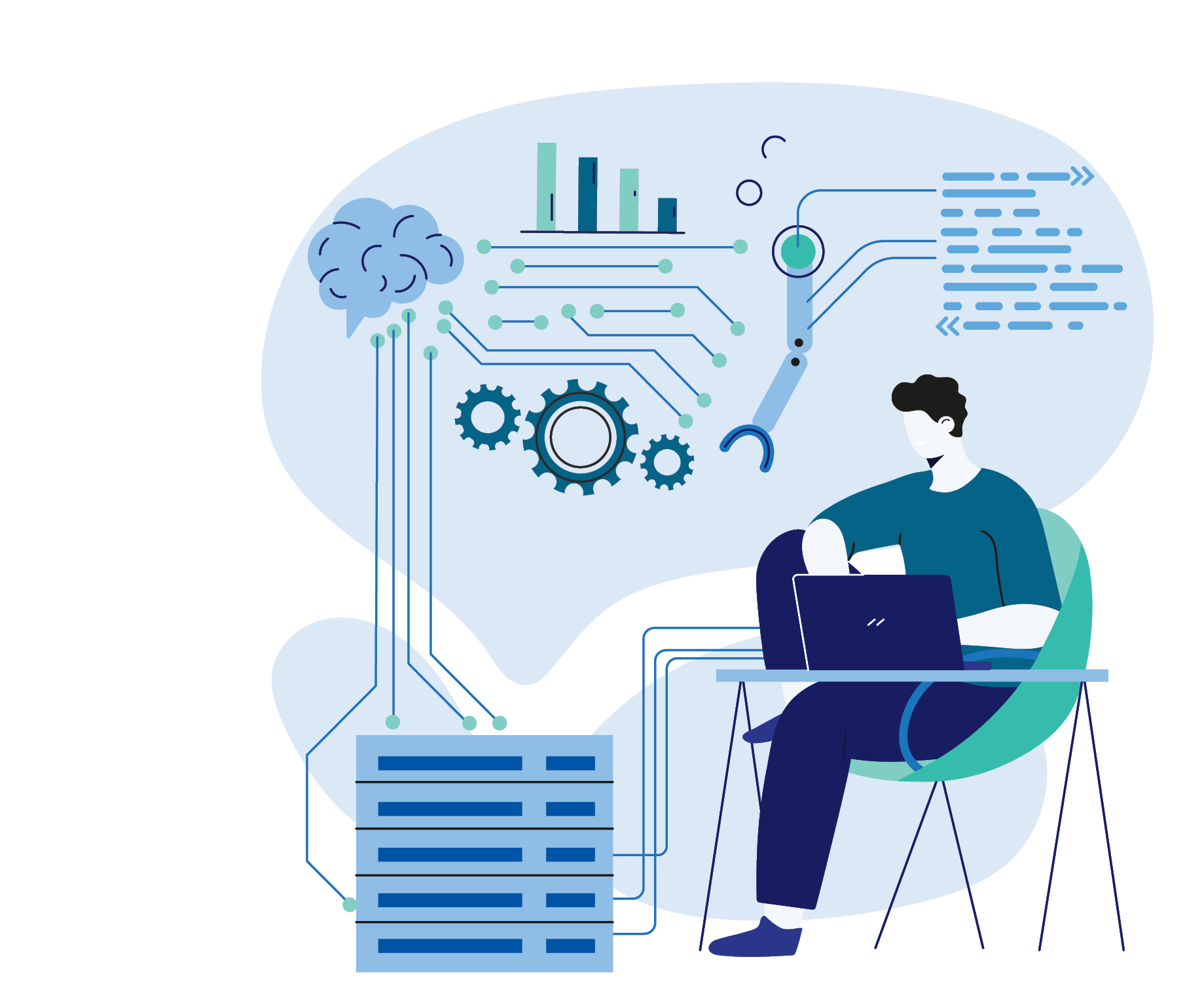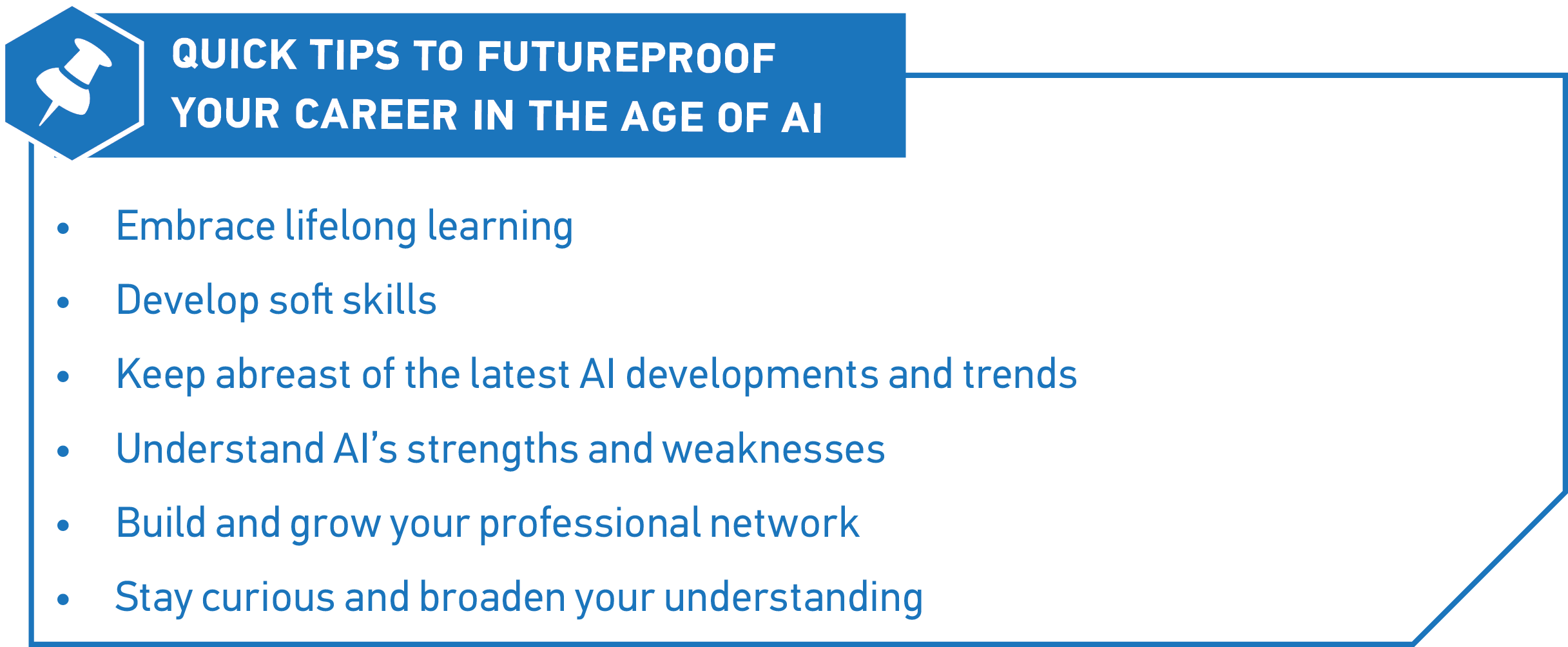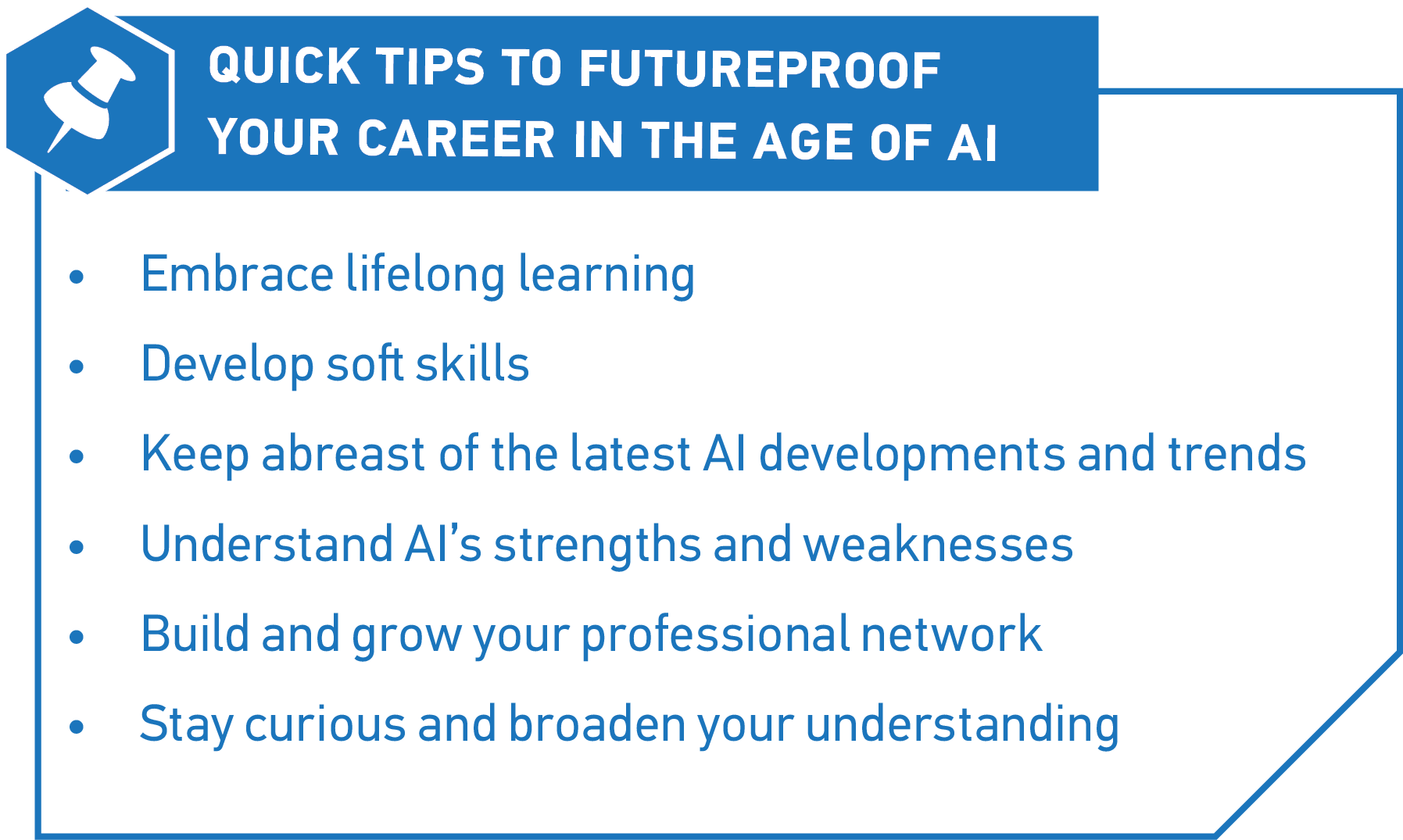- Career Skills & Advice
- SODA and Own Your Way to Career Success
- Know Yourself and Find Your Purpose
- Strategise Your Job Search
- Market Yourself on LinkedIn
- Resume Do’s and Don’ts
- Cover Letter Do’s and Don’ts
- #AskCAO: How Important is GPA in Getting Your First Job?
- How to Use AI to Find a Job
- Grow Your Professional Network
- Recruitment Events Do’s and Don’ts
- Tips to Ace Your Job Interviews
- Tips to Ace Your Online Interviews
- How to Answer Common Job Interview Questions
- Tips to Ace Assessment Centres
- Tips to Ace Case Interviews
- #AskCAO: How Many Internships Do You Need?
- Maximise Your Internship Experience
- What is Next After Your Internship?
- #AskCAO: How Important is Salary for Your First Job?
- Manage Job Offers with Professionalism
- Start Your First Job on the Right Note
- How to Impress at the Workplace
- Tips to Navigate the Future Workplace
- Industry Insights
- Accounting and Auditing
- Aerospace and Aviation
- Banking and Finance
- Biomedical Sciences
- Building and Construction
- Chemicals
- Commodities
- Consumer Business and E-Commerce
- Consulting and Professional Services
- Energy, Oil and Gas
- Engineering and Manufacturing
- Healthcare
- Hospitality, Tourism and MICE
- Information and Communications Technology
- Insurance
- Logistics and Transportation
- Maritime and Shipping
- Media and Marketing
- Non-Profit
- Public Service
- Water and Environment
- First Destination Survey Results
- Student & Alumni Stories
- Coaches, Consultants and Internship Team
- Company Spotlight
NTU Career Tracks 2025 > AI and its Impact on the Future of Work > Will Artificial Intelligence (AI) Take Over My Job?

You should have heard of Artificial Intelligence (AI) and its more well-known Generative AI (GenAI) applications such as ChatGPT and DALL-E by now. But do you know exactly what AI is and how it works?
AI is all around us these days. When you talk to Siri or Google Assistant, it is AI understanding your questions and giving you answers. When you see personalised suggestions on what you can watch next on Netflix, that is AI at work too.
Generative AI (GenAI) tools are rapidly evolving to a stage where they provide solutions that can enhance productivity and efficiency in nearly any profession. It is no wonder that there are concerns that AI will take over our jobs. According to Microsoft’s 2023 Work Trend Index 1 , 67% of Singaporeans are concerned that AI will replace their jobs. That said, there is a saying that goes:
AI won’t replace jobs… but people who can use AI will replace those who can’t.
WHAT EXACTLY IS AI?
AI used to invoke images of intelligent robots taking over humans in the distant future. Not anymore. AI is now not just a niche field for technology geeks, nor does it exist only in sci-fi movies; it has been silently invading our everyday lives since years ago. Think about how the various e-commerce platforms and Netflix have made recommendations for you. There are also the predictive text tools on your Word processing software and mobile phones, not forgetting the trending GenAI tool, ChatGPT.
HOW DOES AI WORK?
AI = Mathematics + Algorithm
AI uses rules (algorithms) and mathematics to recognise patterns, make predictions, and even understand human language. Think of AI as a system that is designed and trained for a specific task. Feed the system with data (mathematics) and then give it special instructions (algorithms) to make it work. To date, AI is best at automating repetitive tasks and processes.
WILL AI TAKE OVER OUR JOBS?
Google found that they would hire the ChatGPT as an entry-level coder if it interviewed at the company.
Let us start by remembering that we have been automating work for over 200 years. Whenever we go through a wave of automation, some jobs disappear but we also create new ones. The transition can cause large waves of disruptions and changes. However, the total number of jobs will stabilise over time and our overall standard of living improves.
AI’s ability to automatise repetitive and structured work will inevitably displace jobs and create new ones. According to experts 2 , here are some roles that AI is most likely to replace.
- Tech jobs (coders, programmers, software engineers, data analysts)
- Media jobs (content creation, writing and journalism, advertising)
- Legal industry jobs (paralegals, legal assistants)
- Market research analysts
- Teachers
- Finance jobs (financial analysts, financial advisors, traders, accountants)
- Graphic designers
- Customer service agents
AI IN THE FUTURE OF WORK
Seems like a lot of jobs will potentially be made redundant, isn’t it? Don’t fret. Even though GenAI tools such as ChatGPT are capable of automating structured and repetitive work, experts say there is still a need for human judgment and intervention for many of these roles. It will be essential that workers learn when to leverage AI, how to write great prompts, evaluate creative work, and check for bias and AI hallucinations.
Here are some in-demand skills in the age of AI:
1.
Emotional Intelligence – Machines cannot yet replicate human connections. To enhance collaborations and relationships in a digital workplace, the ability to empathise and understand others will become more important than ever.
2.
Communication Skills – The ability to convey complex AI concepts to non-technical stakeholders is essential. Having effective communication skills will also ensure that a task is understood by team members and project stakeholders regardless of their level of proficiency in AI.
3.
Critical and Analytical Thinking – AI is only capable of following commands and providing information that it has been fed, making it prone to bias and inaccuracies. The ability to think critically allows us to identify gaps and misinformation in information derived from AI. Having critical and analytical thinking skills also enables one to come up with novel ways to solve complex problems.
4.
Curiosity – Having the curiosity to question norms and work beyond one’s comfort zone allows one to think innovatively and come up with groundbreaking solutions. This is another skill that AI is not able to replicate.
5.
Decision Making – While computers can now process information more efficiently than the human brain, it remains the responsibility of humans to consider the consequences of their decisions and make ethical judgements when necessary.


WHERE TO LOOK FOR AI CAREERS
Careers in AI are not limited to the IT sector. Departments across sectors are recruiting AI talent in high volumes, including in areas such as:
- A strong interest in trading, commodity markets, financial markets, shipping, or related industries
- Knowledge of relevant trading platforms and applications for engineering roles
- Analytical skills and familiarity with Excel and programming language (including VBA and Python) for trading roles
- Proactive self-starter personality
- Collaborative and teamwork skills
IN CONCLUSION...
AI will certainly transform the way we work. Using AI will become as common as using the Internet at the workplace. Skills such as critical and analytical thinking, complex problem solving, and creativity will become essential core competencies to thrive in the age of AI.
To stay competitive and relevant in an increasingly digital world, it is important to understand the challenges and emerging career opportunities that AI brings. Human creativity, compassion, and innovation are crucial in the human-AI collaborative areas. As AI is here to stay, it is a good time right now to learn how AI will impact you in the future and the skills you should develop.
Read the inspiring stories of how NTU graduates have made the leap and pivoted into an AI career here and here
REFERENCES
1 2023 Work Trend Index: Annual Report. Will AI Fix Work? https://www.microsoft.com/en-us/worklab/work-trend-index/will-ai-fix-work
2 ChatGPT may be coming for our jobs. Here are the 10 roles that AI is most likely to replace. https://www.businessinsider.com/chatgptjobs-at-risk-replacement-artificial-intelligence-ai-labor-trends-2023-02
RECOMMENDED FURTHER READINGS
Future of Jobs Report. World Economic Forum. https://www.weforum.org/publications/the-future-of-jobs-report-2023/
Futureproof Your Career in the Age of AI: 6 Tips from an AI Expert and a Career Specialist. https://content.mycareersfuture.gov.sg/futureproof-your-career-in-the-age-of-ai-6-expert-career-specialist/
How AI is Shaping the Future of Workforce? LinkedIn. https://www.linkedin.com/pulse/how-ai-shaping-future-workforce-abrar-syed-
The Jobs AI Won’t Take Yet. BBC. https://www.bbc.com/worklife/article/20230507-the-jobs-ai-wont-take-yet
Top 10 AI Skills You Need to Land Your Dream Job in 2024. FDM. https://www.fdmgroup.com/blog/top-ai-skills/


